Windows 10 includes the Store app that allows you to install and update various apps. Thanks to the Store, apps can be installed and updated with one click. By default, Microsoft Store is set to update apps automatically. It caches some details about installed and available apps to speed up the process of browsing them and improving the responsiveness of the Store app. However, if you disabled the automatic app update feature in Microsoft Store, you may need to check for app updates manually. To save your time, you can create a special shortcut.
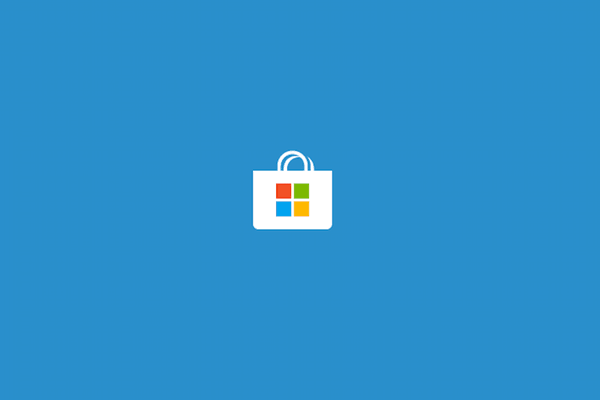
As you may already know, Windows 10 comes with its own Store app. Like Android has Google Play, and there's the App Store in iOS, the Microsoft Store app (formerly Windows Store) adds the ability to deliver digital content to the end user in Windows.
Advertisеment
Tip: If you are having issues installing new apps, or if the Store fails to update apps, then it might be useful to reset the Store app. While Windows comes with a special "wsreset.exe" tool, modern versions of Windows 10 provide a more efficient and useful way to reset the app. See
How to Reset the Microsoft Store App in Windows 10
In recent Windows 10 builds, editions like Windows 10 Pro, Enterprise, or Education no longer require you to be signed in to the Store with a Microsoft account to install apps. Windows 10 allows installing only freeware apps this way. However, Windows 10 Home edition still requires an active Microsoft account for all supported operations.
To create the Check for Store Updates shortcut in Windows 10, do the following.
- Right click the empty space on your Desktop. Select New - Shortcut from the context menu (see the screenshot).
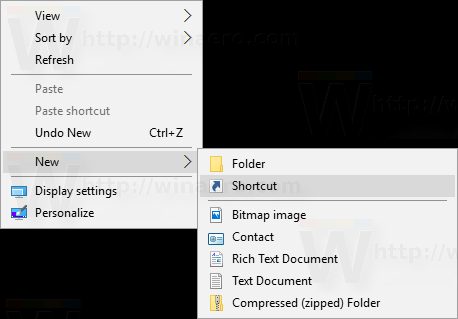
- In the shortcut target box, type or copy-paste the following:
explorer.exe ms-windows-store:updates
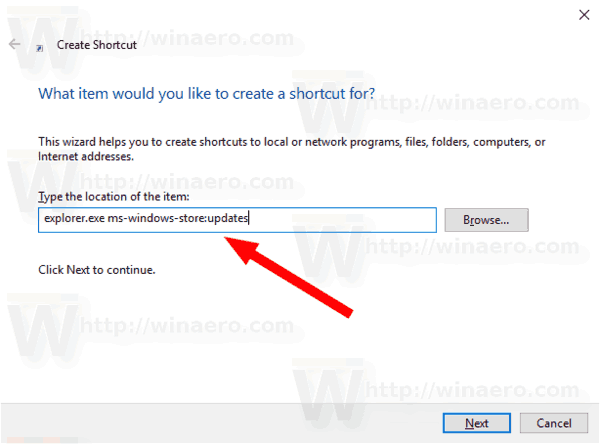
- Use the line "Check for Store Updates" without quotes as the name of the shortcut. Actually, you can use any name you want. Click on the Finish button when done.
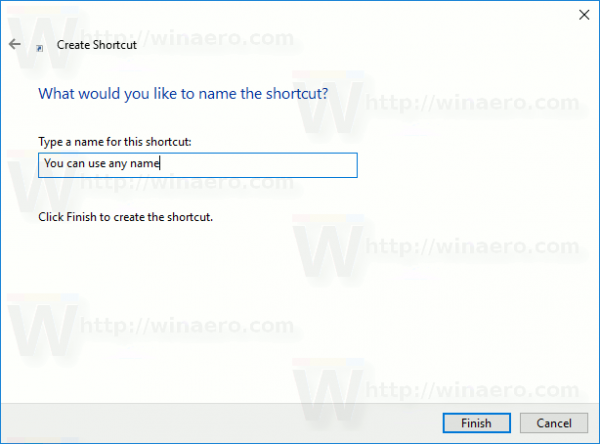
- Now, right click the shortcut you created and select Properties.
- On the Shortcut tab, you can specify a new icon if you wish. There are a number of suitable icons in the file c:\windows\system32\imageres.dll.
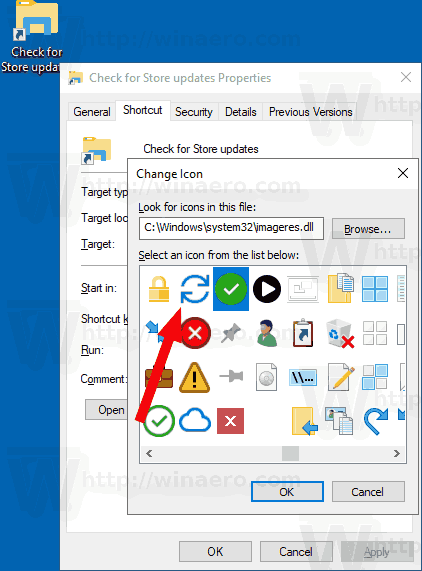
Click OK to apply the icon, then click OK to close the shortcut properties dialog window.
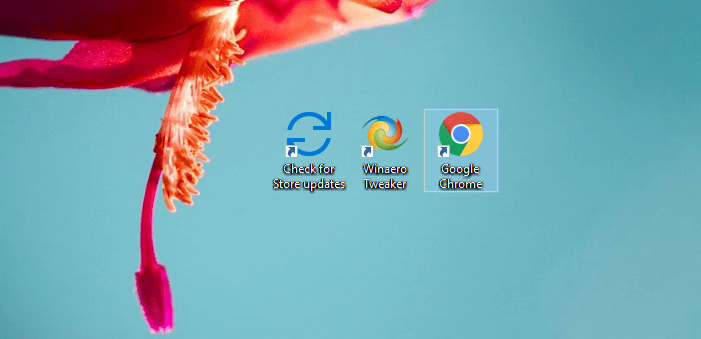
Clicking on the shortcut will take you directly to the Store Updates page.
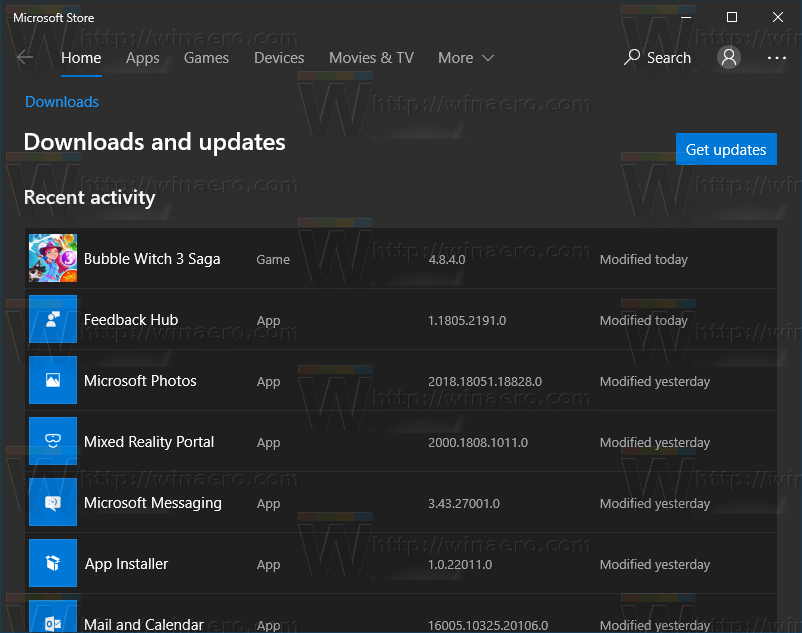
Now, you can move this shortcut to any convenient location, pin it to taskbar or to Start, add to All apps or add to Quick Launch (see how to enable Quick Launch). You can also assign a global hotkey to your shortcut.
The command we used is a special ms-settings command. Almost every Settings page and other GUI parts in Windows 10 have their own URI, which stands for Uniform Resource Identifier. This allows you to open any Settings page or feature directly with a special ms-settings command. For reference, see
ms-settings Commands in Windows 10
That's it.
Support us
Winaero greatly relies on your support. You can help the site keep bringing you interesting and useful content and software by using these options:
